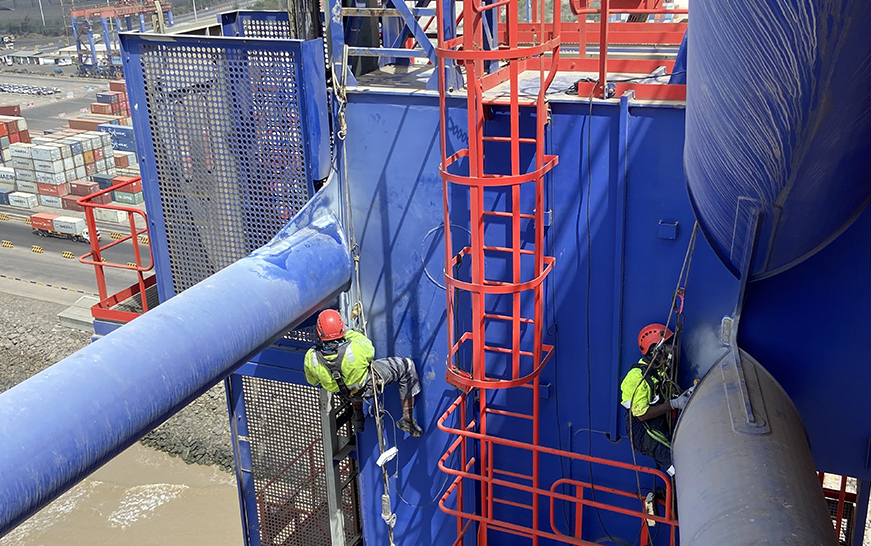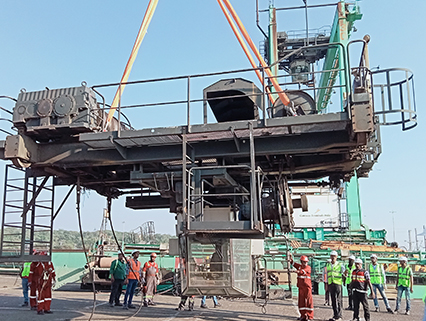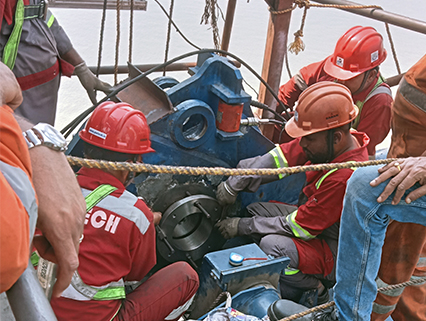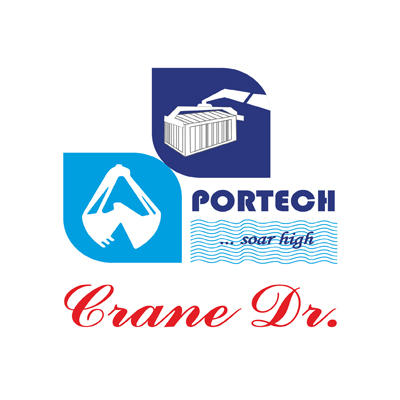Port cranes Preventive crane maintenance services
17 october 2025

Preventive maintenance is a structured approach to crane care built on regular inspections, timely adjustments, and planned component replacement before failures occur. Rather than waiting for a problem to force you to shut down operations, preventive maintenance identifies and addresses issues while your cranes continue working.
The logic is straightforward: a crane running smoothly under a planned maintenance schedule costs less to operate and generates more revenue than a crane that experiences unexpected breakdowns. Beyond economics, preventive maintenance prevents accidents that could injure workers or damage cargo—incidents that carry both human and financial consequences.
The Core Elements of Preventive Crane Maintenance
• Regular Inspections
The foundation of any preventive maintenance program is systematic inspection.Regular inspections establish a baseline of crane condition. Over time, this data reveals patterns, which components wear out first, what maintenance intervals work best for your specific equipment and usage patterns.
• Lubrication and Greasing
Modern cranes contain numerous bearings, gears, and moving parts that rely on proper lubrication to function smoothly and have long service lives. Lack of lubrication is one of the fastest paths to component failure.
Preventive maintenance includes scheduled lubrication of all moving parts according to manufacturer specifications.
• Brake System Care
Brakes are critical safety components on any crane. Brake linings wear gradually, brake fluid degrades over time, and hydraulic systems can develop leaks. A preventive maintenance program includes regular brake inspections and testing. Regular brake maintenance catches problems before they affect stopping ability.
• Wire Rope Inspection and Maintenance
Preventive maintenance includes regular wire rope inspections. Qualified personnel examine ropes for broken strands, corrosion, kinks, or signs of unravelling. They verify that rope diameter remains within acceptable limits, as severe wear reduces load capacity.
When ropes show signs of deterioration, they're replaced before failure occurs.
• Electrical System Checks/
The electrical systems that power and control cranes grow increasingly important as equipment ages. Preventive electrical maintenance includes checking motor windings for insulation breakdown, testing contactors and relays, inspecting wiring for damage or loose connections, and verifying that control circuits function correctly.
• Structural Integrity Verification
Cranes are subjected to stress with every load they lift. While properly designed cranes can handle millions of cycles, structural damage can accumulate from impacts, overloads, or fatigue. Preventive maintenance includes visual inspections for cracks, bends, or deformation in structural members.


The Role of Qualified Technicians
PORTECH Engineering brings decades of experience in crane maintenance to port terminals and industrial facilities across India. Our teams perform thorough inspections, execute maintenance tasks with precision, and maintain detailed records of all work performed. We understand the demands placed on port cranes and the importance of keeping them running reliably.
Our approach combines mechanical expertise—understanding gear systems, bearing design, brake mechanics, and structural integrity—with electrical knowledge to maintain control systems, motor drives, and safety interlocks. This multidisciplinary expertise ensures that preventive maintenance addresses all aspects of crane performance.
Conclusion
Port cranes represent significant capital investments. Operating them safely and productively throughout their useful lives requires commitment to preventive maintenance. The alternative—reactive maintenance triggered by failures—proves more expensive, more disruptive, and less safe.
PORTECH Engineering has worked with leading port operators, terminal companies, and industrial facilities to develop and execute preventive maintenance programs customised to their specific equipment and operational needs. Contact us to discuss your crane maintenance needs and discover how a well-structured preventive maintenance program can improve your operations.

